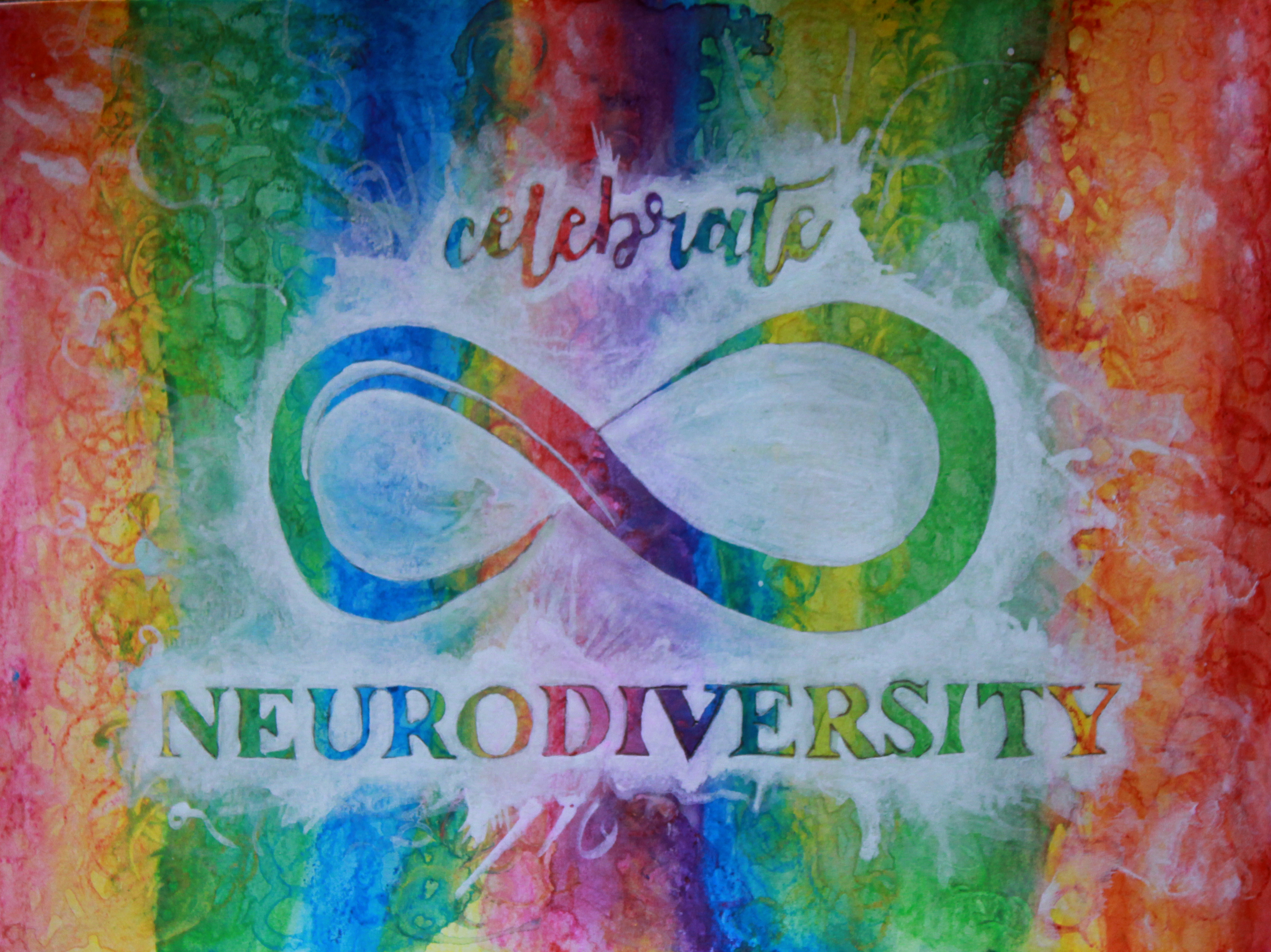Embracing Neurodivercity
The Power of a Diverse Brain
"Neurodiversity may be every bit as crucial for the human race as biodiversity is for life in general. Who can say what form of wiring will be best at any given time."
Harvey Blume's quote underscores the importance of embracing neurodiversity, paralleling it with the concept of biodiversity. It argues that just as biodiversity ensures the health and adaptability of ecosystems, neurodiversity enriches human societies by offering diverse perspectives and problem-solving approaches. The quote invites us to appreciate and support various cognitive styles, acknowledging that the most valuable forms of thinking may vary over time and context.
Biodiversity pertains to the variety of life forms on Earth, which is essential for the health and resilience of ecosystems. The comparison emphasizes that just as biodiversity is vital for the stability and adaptability of ecosystems, neurodiversity is equally important for the progress and survival of human societies.
A diverse range of cognitive processes and perspectives can lead to greater creativity, innovation, and problem-solving capabilities. This diversity in thinking is seen as a strength that enhances the collective ability to address complex challenges.

The quote recognizes that there is no single "best" way for a brain to be wired. Instead, a variety of cognitive styles and neural configurations can be valuable. This idea challenges the notion of a one-size-fits-all standard of intelligence or capability and highlights the importance of accommodating and valuing different ways of thinking.
The phrase "Who can say what form of wiring will be best at any given time" acknowledges the uncertainty about which cognitive traits or types of neurodiversity will be most advantageous in different contexts. It suggests that the value of various cognitive styles may shift depending on circumstances, challenges, and societal needs.
Harvey Blume was an American writer, journalist, and cultural critic known for his pioneering work in exploring the intersection of neurodiversity, culture, and technology. He is most notably recognized for popularizing the concept of neurodiversity, which promotes the idea that neurological differences, such as Autism and ADHD, should be recognized and respected as a form of human diversity rather than being pathologized. This term and the ideas behind it have had a significant influence on how people understand and approach autism and other neurodevelopmental conditions.
Blume wrote extensively on the topics related to technology, artificial intelligence, and the relationship between cognition and culture. His work was highly influential in framing conversations about how society views people with cognitive differences, and he played a major role in early discussions about neurodiversity during the 1990s. Blume also collaborated with autistic writer and advocate Temple Grandin, helping to bring her work and perspective to a wider audience. His contributions to neurodiversity advocacy, combined with his work in technology and cultural criticism, left a lasting impact on both fields.
